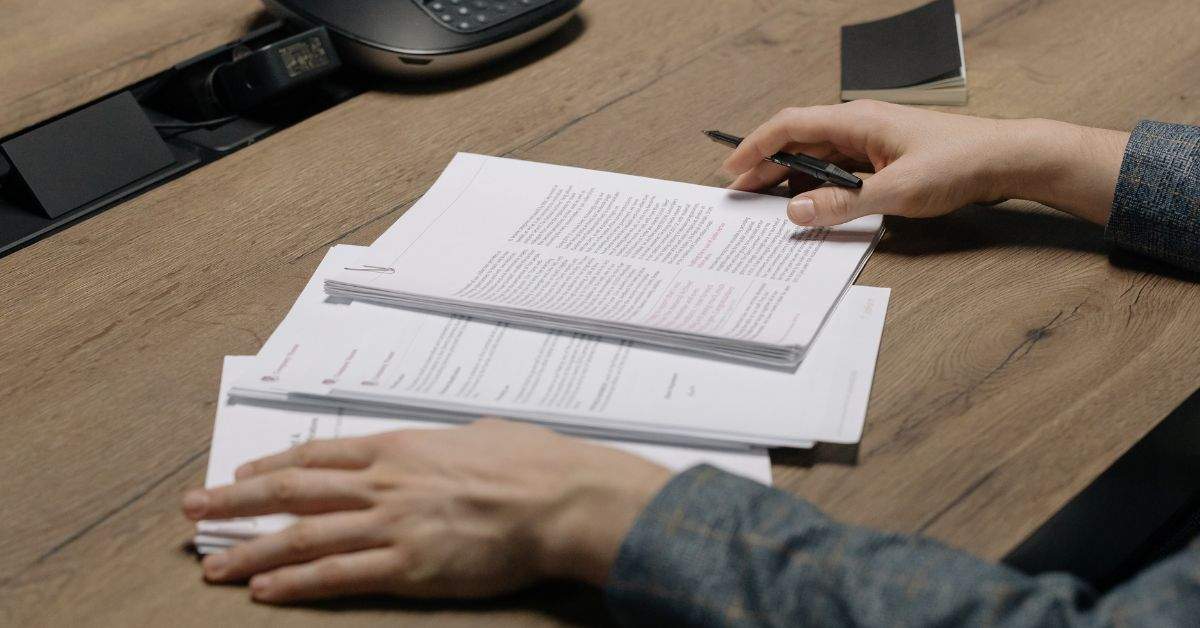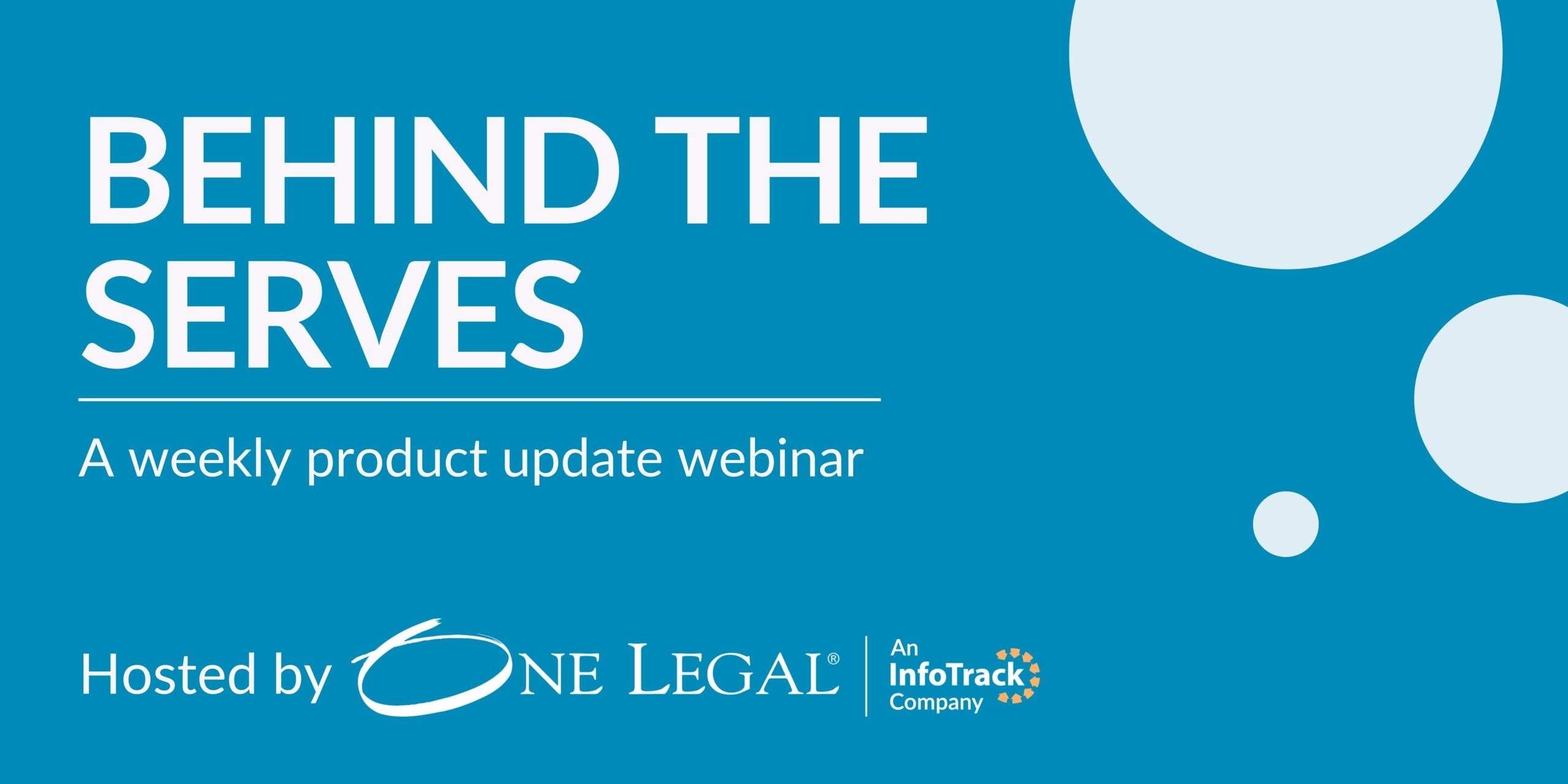As a former attorney turned freelance writer, I smiled from ear to ear when I started today’s topic. Having practiced civil litigation in California for nearly two decades, you can imagine how much first-hand experience I have with the myriad of things paralegals do better than attorneys.
That said, I’ve been away from the practice for quite a while now.
Consequently, I reached out to several of my former colleagues — attorneys and paralegals alike — to get their thoughts on things paralegals undoubtedly do better than attorneys today.
While none of them were willing to be identified on the record (because apparently they like their jobs), I agreed to take the hit and make their feelings known vis-a-vis this article.
Here are the top six things paralegals do better than their attorney-colleagues:
#1: Solve problems
Almost everyone I spoke to about this article said the same thing:
“Paralegals solve problems when no one else can.”
This was my experience when I was practicing law as well.
The firm’s electricity goes out an hour before an electronic filing deadline? No problem. A paralegal will haul three computers, five thumb-drives, and the passwords to seven cloud-based file cabinets 40 miles in a snowstorm to reach the nearest coffee shop with WiFi.
The proofs of service will have already been prepared, all email addresses necessary for electronic service live in her brain, and she knows the eFiling vendor’s system better than they do. Somehow, she gets the filing completed with minutes to spare.
Meanwhile, the six attorneys assigned to the case are all having coronary events back at the office.
She brings them all coffee and proof of timely filing.
#2: Pay attention to detail
Looking for the smoking gun in a case where discovery has yielded over 600,000 documents?
Your paralegal will not only make sure each document is properly coded and stored; he’ll also be the first one to notice that the time-stamp on a critical email contradicts the defendant’s deposition testimony about when he learned of the subject matter of that email.
He knows because he meticulously summarized the deposition transcripts for the attorneys and thought the defendant sounded sketchy when he talked about this particular email. He remembers stuff like this.
His attorneys should note that on her performance review.
#3: Understand technology
I don’t care what type of technology we’re talking about. From trial presentation software to word-processing systems to time-tracking programs, the paralegals understand them better than the attorneys, and they use them more efficiently and effectively than the attorneys.
Do you want to know why this is a near-universal truth?
In a lot of cases, paralegals spend a lot more time actually using the firm’s systems than the attorneys do. They are the ones who know where to look for conformed copies in the eFiling system, update the notes in clients’ case files, and perhaps even monitor the social media messages.
There are a couple more reasons:
- At some point, the attorneys will inevitably need the paralegals to explain that technology (even if the attorneys were also charged with learning the system).
- Some of those attorneys will be less than patient about it.
- Knowing this, paralegals take the time to attend in-service luncheons and take online webinars (even on their own time) in order to become proficient at new technologies.
#4: Understand local court procedures
If you’re a paralegal, you’ve probably lost count of the number of times your attorney-colleagues have asked you to call a court clerk for the answer to one question or another.
What that attorney doesn’t know is that you know the court website like the back of your hand, and you also know that the court doesn’t answer those types of questions by phone.
So, you quietly use email instead and get the attorney the answer she needs.
Through the years, you’ve also probably forged working relationships with the local clerks of court, as well as some of the bailiffs. Thus, when you call (as opposed to when your attorney-colleagues call), they engage in friendly banter and get you the answer you need quickly.
Chances are you also know the local rules and local-local rules better than the attorneys because those rules largely dictate how your firm interacts with the court.
The attorneys may be aware that local-local rules exist, but we all know they rely on you to actually read and understand those rules.
#5: Stay calm and carry on
If you haven’t seen this in person, surely you’ve seen it in the movies:
Burdened by the stress of losing a pretrial motion, a lawyer loses his mind, begins hurling things around the office, blames everyone within hearing distance but himself, and otherwise throws a first-class adult tantrum.
This probably happens more than people think…maybe not the part about hurling things around the office, but definitely the rest of it.
Meanwhile, the paralegals remain calm.
Why?
Well, mainly because they would be fired if they acted that way, particularly in front of clients. So, over time, paralegals learn to stuff their emotions and absorb the emotions of the people they work for.
Obviously, this isn’t the case in every firm, but it may be more common than any of us would like to admit.
#6: Research, research, research
Coming out of law school, most new attorneys are pretty confident about their legal research skills. And why shouldn’t they be? They’ve just spent three to four years with free, unlimited access to every legal research portal you can imagine.
Therein lies the problem.
One of the first things attorneys learn when they begin practicing law is that law firms don’t pay for all of those research tools they’ve grown used to getting for free.
But you know what? The paralegals know precisely how to get to the research needed without breaking the firm’s bank account.
Need trial court records? Paralegals will do that.
Deeds of trust or other property records? No problem, just give your paralegal 10 minutes and a cup of coffee.
Fully shepardized cases from 13 different appellate courts? Done, done, done.
This is another one of those areas of practice where paralegals don’t have the luxury of coming back to any attorney and saying: “I couldn’t find what you asked for.” Consequently, they are incredibly resourceful about finding what’s needed fast.
Singing the praises of paralegals
We know there are probably dozens of other things paralegals do better than attorneys. We just figured we’d pause while everyone’s ego is still intact.
Still, it’s well worth celebrating our legal support staff. (Did you know that National Paralegal Day is October 23?)
Share this article with a paralegal you know that deserves some extra recognition. Better yet, share it with your attorney friends who should take some time to appreciate their paralegals today.







